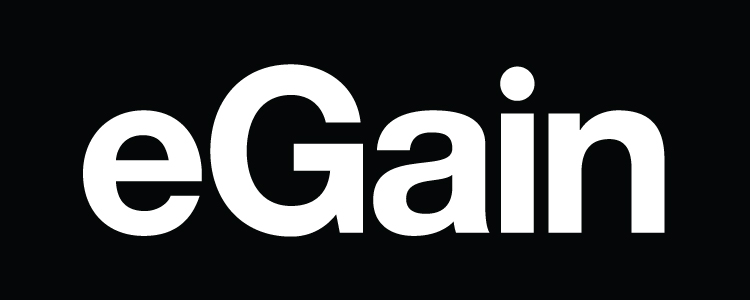ATD Blog
Knowledge in the Flow of Work: The Essential Complement to Training in the Hybrid Workplace
Wed Mar 01 2023

“For nearly two years, companies have complained that they are caught in an unending cycle of hiring and training workers, only to see them leave in a matter of weeks or months. Constant recruiting and training drains management resources, and new hires often do not stick around long enough for that investment to pay off. Veteran employees are often asked to pick up the slack, leading to burnout.” —“Wave of Job-Switching Has Employers on a Training Treadmill,” New York Times, January 3, 2023
The training treadmill is a financial drain for businesses. US companies spent $92.3 billion on it in 2021 alone and have very little to show for it. It is futile for businesses to throw more training at the employee competency problem for the following reasons:
Humans retain only 25 percent of new information they learn just after two days, according to the forgetting curve theory. In fact, research by the University of Waterloo found retention at a mere 2–3 percent after just seven days.
Today’s employees are millennials and Gen Z with short attention spans—12 and eight seconds respectively. They would rather learn on the job than sit through training.
It is hard to teach situational know-how. An example is the ability of a customer contact center agent to diagnose and solve a customer problem or provide them advice, based on a specific symptom or situation.
Hybrid Work Adds to the Challenge
Although many companies have attempted to get employees back to the office with mixed results, the hybrid work model is here to stay. For example, a recent survey of customer contact center agents showed that 76 percent of agents are still working remote. Hybrid and remote work models make training even more challenging, and employees are often orphaned with no fellow employee to turn to for answers if they need help. It also makes onboarding and shadowing difficult, increasing employee turnover, which takes a toll on business performance.
The solution? Push the right contextual knowledge at the right time to employees in the flow of their work. This level of employee empowerment requires knowledge modernization, which can be enabled through a knowledge hub.
The Knowledge Hub
Many enterprises think they have knowledge in their organization. The problem is that so-called knowledge is often legacy or faux knowledge, large documents employees must read to get the answer to a customer query, or dumb keyword searches, where employees must contend with hundreds of hits to reach the answer. Moreover, these knowledge assets are siloed, outdated, and inconsistent, which encourages employees to stop using them.
Implemented as a hub, modern knowledge management eliminates silos and becomes a single source of trusted information. It goes beyond documents and search to include policies, procedures, compliance, and functional expertise (step-by-step guidance on how to resolve a customer problem or execute an account opening process, or recommend a health plan), served up in the context and flow of work—either on-demand from employees or proactively.
Knowledge Hubs Complement Training
Some organizations leverage knowledge hubs to complement training, transforming the experiences of all stakeholders alike—customers, employees, business managers, and others. Here are some examples:
Leading BPO provided its 8,000 client services employees with the eGain Knowledge Hub™ to handle millions of interactions from hundreds of its business clients, while cutting agent churn to half of the industry average.
A health insurance company reduced employee training time by 33 percent and sustained agent performance—even when 2,000 of them had to transition to remote work when the COVID-19 pandemic struck. They also consolidated knowledge from 17 disparate systems into a single hub for consistent, knowledge-guided service.
A mammoth federal government agency reduced case handling time by 25 percent and boosted their employee engagement score to 92 percent versus their industry benchmark of 67 percent.
Already an essential complement to training, the modern knowledge hub has become even more important in the era of hybrid work. Get your organization on the knowledge bandwagon to take your employee and business performance to the next level.

